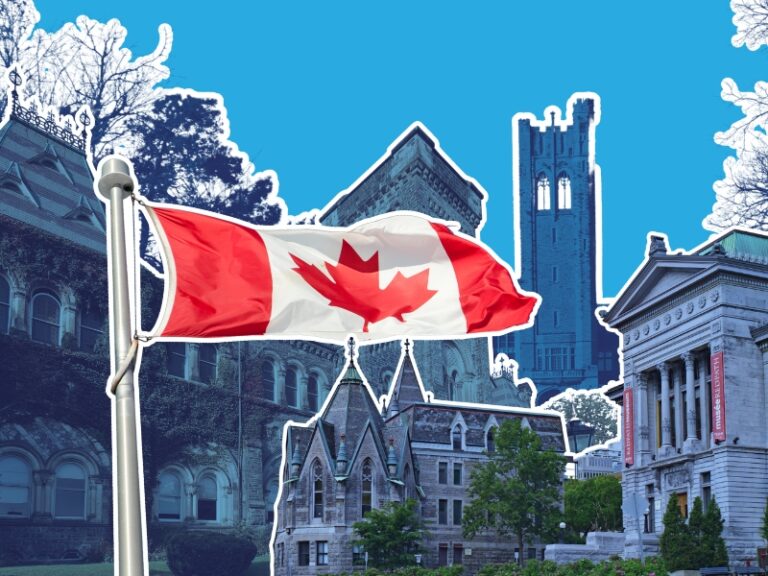Contact Us
[email protected]
Post-Brexit: The Value of Studying an MBA in the UK Today

Despite Brexit challenges, the UK continues to be a leading global destination for international students seeking world-class business schools and MBA programs.
When Britain voted to leave the European Union in 2016, those in the business school market stoked fears of a mass exodus of overseas student and teaching talent, weakened graduate job prospects as firms potentially moved headquarters elsewhere and the visa regime tightened, and a loss of EU funding for research which informs the tuition of degree programs.
In fact, Brexit has done little to dampen demand for the top MBA courses in the UK, new data suggest. When asked about the impact of Brexit most business schools have expressed seeing a positive impact on the level of diversity in the classroom. Applications from international students for full-time MBA programs have increased year-on-year post-referendum.
How has Brexit impacted international graduates in the UK?
Brexit has raised concerns for internationals considering an MBA in the UK about its impact on career development and opportunities. Factors such as employment prospects, tuition fees, immigration policies, and visas have rightfully become a cause for concern. Understanding these changes is essential for MBA applicants to make informed decisions regarding their future in the UK. However, many business schools have steadily remained optimistic about international students’ post-graduation prospects in the UK.
Post-Brexit opportunities for international students in the UK
Even for EU citizens, the hassle of obtaining a visa is a small price to pay considering the business prospects in the UK. Top employers and jobs remain in abundance for international talent.
Increased demand for international talent
The UK is a particularly interesting place for students to study business at the moment because not only has a global pandemic impacted business practices, but Brexit will test companies in new ways, and encourage fresh thinking beyond Europe and into global markets both familiar and unfamiliar. Companies and organisations will be looking at a diverse group of individuals to help meet their strategic and operational objectives.
Brexit is a fact, but if you are an EU citizen it should not discourage you from pursuing your dream of studying in the UK, still one of the best places to get top-class business education. Instead of focusing on the administrative changes, try to spot the new and exciting opportunities that an MBA in the UK will offer. Even for EU citizens, the hassle of obtaining a visa is a small price to pay considering the business prospects in the UK. Top employers and jobs remain in abundance for international talent.
Despite the aforementioned challenges, there are also new opportunities for international graduates in post-Brexit UK. Certain sectors such as technology or healthcare have an increased demand for international talent, as companies seek to bring new perspectives and diversify their workforce. There remains a real willingness from companies to recruit diverse, multicultural talents, and the UK is a natural source of talent in this regard.
UK’s post-study two-year visa
After Brexit, the UK government introduced the two-year graduate visa. This allows international students who have successfully completed a course in the UK in summer 2021 and onwards, the right to stay in the UK for at least two years and three for PhD students. Visa regulations for the last couple of years have actually been positive for professional students coming out of university. The two-year visa aims to increase employment opportunities for international graduates in the UK and retain talent. It showed the UK government’s commitment to welcoming international students and helping them boost their career prospects post-Brexit.
For international graduates, it will become easier to finalize the process to obtain a skilled worker visa. The UK government has made changes to its immigration system to make it easier for employers to sponsor workers from overseas. These changes include the removal of certain tests and quotas and improvements to the application process.
The government plans to make further changes to the sponsorship system in 2023 to speed up the process, including a focus on sponsor compliance, faster processing times, and IT transformation. These changes are intended to make the sponsorship system more efficient and user-friendly for employers and applicants.
A global business hub
The UK has one of the strongest and more diverse economies in the world. The capital London remains a financial hub, and many large multinational companies call the UK home. In addition, small and medium-sized enterprises are the main driver for the UK economy, which provide a different work experience for graduates. By studying an MBA at a British university, students benefit from access to a ready-made network of business professionals and senior leaders around the world, helping them open doors with potential clients, find lucrative opportunities and close new deals.
On top of this, UK MBA programs have a lower opportunity cost than their counterparts in the US. This is due to a shorter duration and tuition costs that are competitive internationally. Compared to two-year or traditional U.S. MBA programs, lower tuition and opportunity costs look enticing. UK MBA programs are also more global in nature, and more open to having larger percentages of international students, compared to even the most international US program. They continuously attract students who want a truly international experience with their education.





